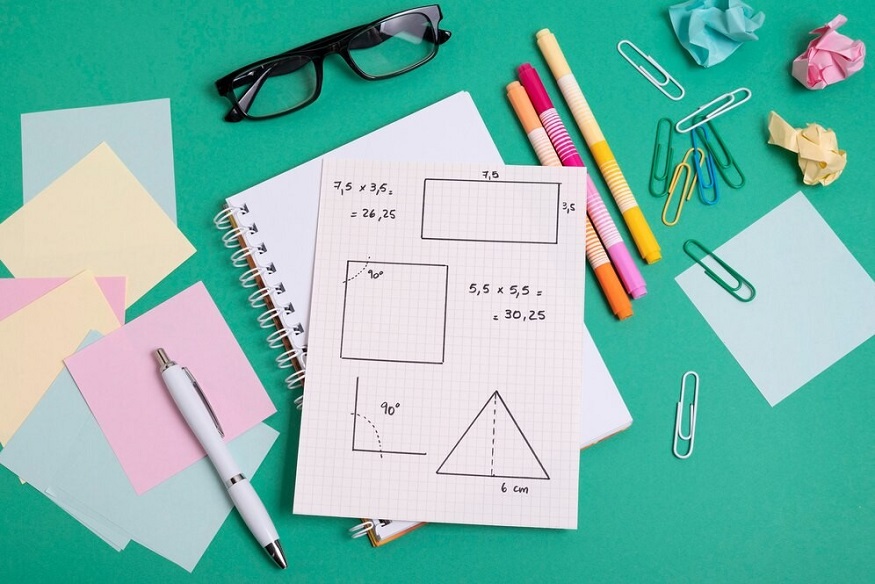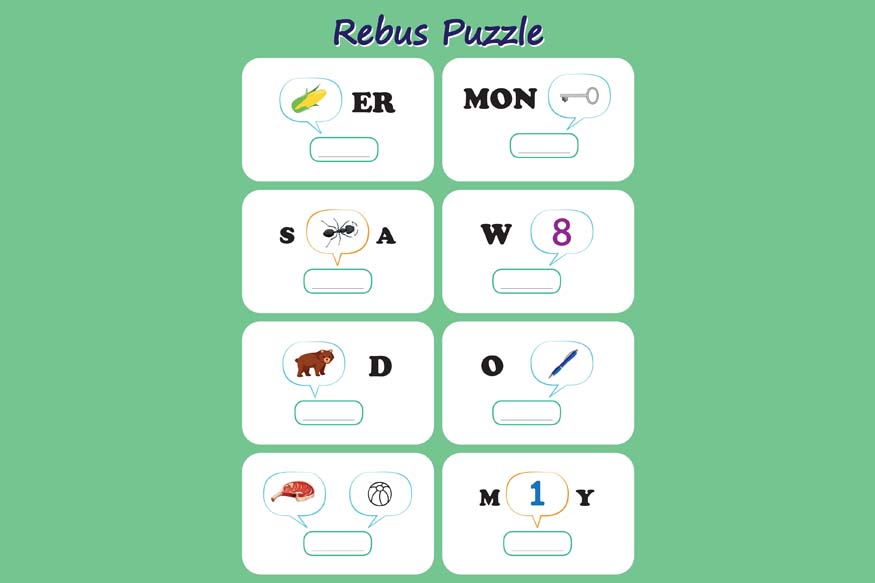Math is often considered difficult, but it has several practical applications in our everyday life. You can use it to manage finances, plan trips, or even cook. You do not have to be a math expert. Just having some knowledge of mathematical concepts can simplify dealing with numbers.
Understanding simple ideas such as fractions and percentages can make activities like cooking, carpentry, and gardening quite easy. If you are having trouble with a math concept and want to avoid it totally, we would advise you not to do so as you will probably use it in your daily life.
Mathematics in daily life
Math is essential in our daily lives. We often do calculations without even realising it. For instance, we use math when we calculate a bill, figure out change, count items, or divide a cake among friends. Some of these everyday tasks need just simple math. Others are trickier, like calculating how long it will take to drive somewhere if you know the average speed and the distance. These tasks need you to understand equations and how things change over time.
Math skills are needed in various fields like physical sciences, psychology, economics, and business. They can be as basic as determining the length of an object or as advanced as understanding someone else’s thoughts or plans.
Numbers and data are part of nearly every part of life, and knowing how to use them is more important than ever. It’s not just jobs that need good math skills; daily tasks like shopping, cooking, driving, and staying healthy also need some basic math knowledge.
Good math skills are just as important for daily life as reading and writing skills.
Uses of Math in daily life
Here are a few uses of Math in daily life
1. Shopping and budgeting
Math is commonly used in shopping to compare prices, find the best deal, and calculate quantities, weights, unit prices, discounts, and total costs before buying. It helps us stay within budget and make sure we have enough money for our purchases.
2. Cooking and baking
Math plays a role in cooking and baking. We use it to measure ingredients, determine quantities, ratios, cooking techniques, and measuring baking temperatures. Understanding fractions, ratios, and basic calculations is necessary. Restaurant owners also calculate recipe costs to ensure profitability.
3. Navigation and travel
Math is important for getting around, whether you are driving to school or going on a trip. We need math to figure out how far we are going, how fast we are going, and how long it will take to get there. Maps and GPS use math to figure out distances, and traffic patterns and travel time estimates use math to predict how long it will take to get somewhere.
4. Technology
Mathematics plays a vital role in various technologies we rely on. From computer algorithms to mobile phones, the internet, and software, math has applications everywhere. Apart from these simple applications, advanced tasks require advanced mathematical principles like calculus, linear algebra, and algorithms.
5. Time management
We all aim to effectively use our time. We begin our day by planning out a schedule. To ensure we complete our tasks on time, we make simple calculations. Even reading a clock involves basic math.
6. Foundation of other subjects
Math is an interesting subject that forms the basis for various other subjects like physics, chemistry, economics, history, accounting, and statistics.
7. Sports
In sports, numbers are crucial. They determine the result and are an integral part of gameplay. Math impacts player performance, improving cognitive skills and decision-making. By applying engineering and trigonometry, players can predict the ball’s direction and angle for scoring.
8. Music and dancing
Kids love two main activities: listening to music and dancing. We often use numbers and math to explain and teach music. Knowing about fractions and ratios helps us understand the rhythm of musical notes. Also, basic math skills can help with coordination when dancing.
9. Exercising
Math is crucial for our exercise routine. We rely on it to count reps, calculate time, measure weights, and plan our workouts. Make sure to keep count next time you work out.
10. Engineering
Math is essential in all areas of engineering, including computer science, chemical, civil, mechanical, automobile, and aeronautical engineering.
Math is a part of our daily lives, with applications ranging from simple sums to tricky problems. It is a useful tool that helps us make sense of the world. Knowing basic math is important for making smart choices. Besides this, math has many other uses in everyday situations. As the universal language, math is involved in nearly everything we see and do.
At Center Point School, we design a comprehensive and engaging math curriculum that covers fundamental concepts, problem-solving techniques, and real-world applications. We encourage students to explore mathematical concepts actively rather than passively absorbing information. So, if you think about when math is useful outside school, remember that we rely on math for countless decisions every day!





